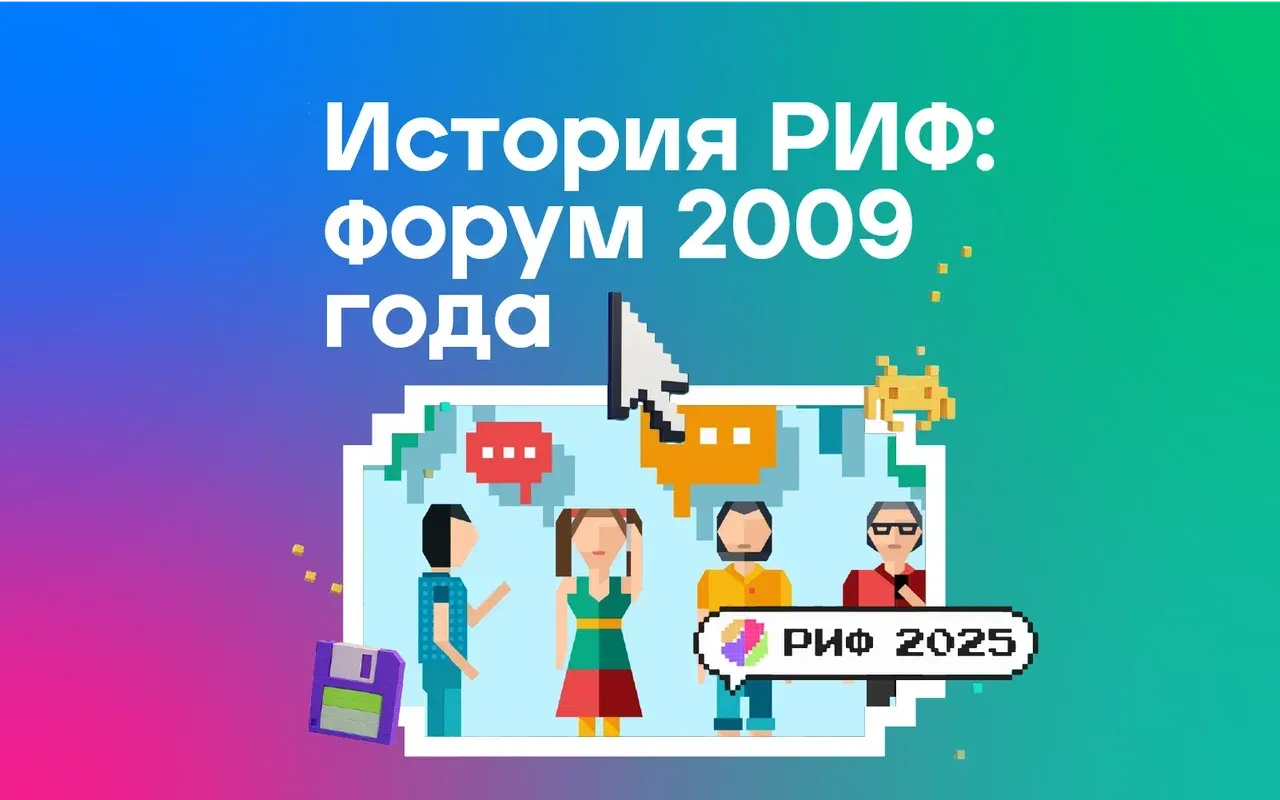RIF 2009: The Anatomy of a National Internet
At the united “RIF + KIB” conference in April 2009, Russia’s internet elite convened to plot the future of the national IT sector — and the gathering revealed both the challenges and the momentum behind Russia’s digital rise.

From Nicknames to Numbers: Mapping the Russian Internet User
In April 2009, more than 4,000 experts gathered at the “RIF + KIB” (Russian Internet Forum + Internet and Business Conference) union event at a resort outside Moscow. The aim: to assess where Russia’s digital frontier stood — and where it might go.
On the eve of that conference, the Public Opinion Foundation released a study of Runet (the Russian Internet). Among its findings: 10% of Internet users had consciously opted out of online life entirely, while 36% of respondents had never even used a computer. Another 19% rated their computer skills as low.
Those who did go online regularly overwhelmingly classified their digital literacy as average or above. Most access occurred from home — a reversal from just a few years earlier, when many surfed from work before broadband became widespread.
Perhaps most striking: of city dwellers not yet connected, just 8% expressed intentions to get online within a year. The barrier was not personal income — it was infrastructure. Outside Moscow, the Moscow Region, and St. Petersburg, internet penetration lagged dramatically. In 15 territories, users made up just 11% of the total population.
Online, usage patterns were modest: 53% used the Internet for email, 46% for social networks, and one in five never used it for communication at all. On weekdays, average time spent ranged from 30 minutes to 3 hours. When asked how life would change if the Internet vanished, 25% said it wouldn’t, while 27% believed their existence would shift dramatically. Meanwhile, 36% longed for reliable mobile Internet, though only 1 in 10 connected via modem.
A telling symbol of digital identity: 27% of Russians rated the launch of the Cyrillic domain “.рф” as the Internet event of the year.
Centralized Voices, Fragmented Reality
On the 15th anniversary of Russia’s Internet, then-President Dmitry Medvedev announced his own blog on LiveJournal — a platform that, at the time, hosted 19.2 million accounts, of which 2.8 million were Russian-language. This move underscored how the state was beginning to plant its flag in digital space.
In 2009 the two leading forums — RIF and “Internet and Business” (KIB) — merged under the auspices of the Regional Center for Internet Technologies (ROCIT) and the “Internet and Business” Association (AIB). Previously run separately, the unified conference aimed to consolidate scarce resources: festival organizers, experts, and attendees no longer had to split time across overlapping events.
According to official figures, the Runet audience topped 34 million people — about 30% of Russia’s adult population. Regions were catching up: 33% of .RU domain registrations came from beyond Moscow and St. Petersburg, a year-over-year rise of 13 percentage points. The Ural region topped Russia in aggregate internet development metrics. Meanwhile, the market for commissioned web development surged: the sector expanded 35% in 2009, reaching 9.2 billion rubles (≈ $290 million at ~31.77 RUB/USD) megaobzor.com.
Conference tracks were predictable but in demand — topics ranged from “site traffic boosting methods” and “economics of web project development” to “SEO algorithms” and “surviving as a startup in a crisis: business models, monetization, risk, and securing investment.”
PR and media sessions vaulted to prominence. Specialists floated from room to room, trading precious minutes for tips on constructing media plans, avoiding campaign blunders, choosing the right messaging, writing ad copy, managing ad workflows, and monitoring performance.
Despite the global financial crash, Medvedev was bullish in his welcome address. Advertising revenues were down, investment was constrained, and e-commerce slowed — but the digital sector’s potential, he said, remained vast. He predicted that new projects and startups would help revitalize not just the internet community itself, but Russia’s broader economy by creating jobs.
‘What can and should our government do to foster the Internet in our country — in Russia?’ he asked. ‘I believe the main task is creating good conditions for maximum accessibility of internet services. This is no easy job, you can believe me, given the scale of our state. I began working on it several years ago. And the second, no less important task for authorities at all levels is to be open in that space. Our openness, our readiness for public services is, to put it bluntly, far from ideal — almost non-existent. Nevertheless, some things are being done.’
To anchor these efforts in a structured way, the Presidential Council on the Development of the Information Society was established — its charge: to coordinate progress across every dimension of Russia’s digital openness.

